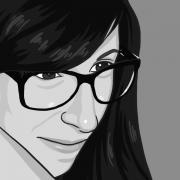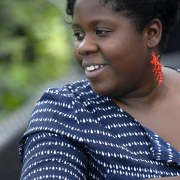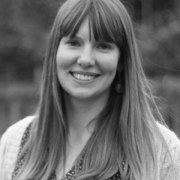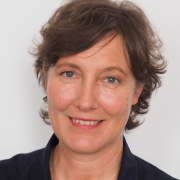There is a growing interest for low-cost open scientific and technological third places. MakerSpaces, pop-up spaces and small science centres across the world have the ambition to become aggregation places where citizens spend their free time and build communities, as public libraries used to be. These spaces possess a number of interesting features compared to their bigger counterparts, such as reduced budgets, commercial-public business models, decentralised locations, regular visitors and the potential for a different kind of interaction with their local community.
Is this the way to provide small scale but equitable, flexible and deep learning? Or do open informal science spaces support anti-intellectualism, celebrate autodidactism and personal initiative against a real democratisation of science?
More about this session: the format combines a reverse discussion, role play and a debate. Each speaker will walk through the experience of a visitor entering the conference's MakerSpace for the first time. Participants will be challenged to act as critics and supporters of open participatory science spaces, trying to reflect on their limits and opportunities.






